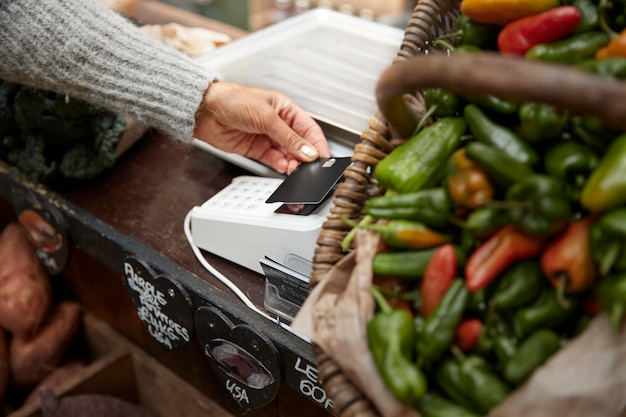
A while ago, my spouse and I decided to make the switch to buying organic foods. We believe it’s good for our health and a way to help the environment. Back when we had tighter budgets, buying organic was tough. Now that we’re financially better off, it makes sense for us to invest in organic products. We’ve often wondered if this investment is really worthwhile.
One big benefit of going organic is that it eliminates pesticides and chemicals that are in regular foods. For example, apples are known for having a lot of pesticides. A report from the National Academy of Sciences in 1987 showed that pesticides could potentially lead to 4 million more cancer cases in the U.S. Pesticides have also been linked to birth defects, nerve damage, and genetic changes. Plus, organic farming is kinder to the environment since it doesn’t pollute water sources. The main issue with organic food, however, is the higher cost. But, we’ve found some strategies to make it more affordable.
Here’s what we do to save on buying organic:
1. Follow the “dirty dozen” and “clean fifteen” lists: Each year, the Environmental Working Group releases lists of produce with the highest and lowest pesticide levels. We choose organic for the high-pesticide items and go conventional for the low-pesticide ones. Our rule of thumb is if we eat the skin (like apples), we buy organic; if we peel it (like bananas), we don’t.
2. Stick to a menu plan: Planning our meals ahead of time has helped us cut down on our grocery bills. When we forget to plan, our costs go up as we make more store trips and impulsive purchases. We use TheFresh20, an affordable menu planner that focuses on seasonal produce.
3. Visit farmer’s markets: We love our local farmer’s markets where we get most of our produce. We usually spend less than $20 and leave with two big bags of fresh produce. For other groceries, we go to Whole Foods.
4. Buy in bulk: Places like Costco sell organic foods in bulk, which means we don’t have to go to specialty stores as often. We save money by buying things like organic bread and spinach in larger quantities.
5. Cut down on meat: We’ve aimed to eat healthier by consuming less meat and more fruits and veggies. We generally stick to chicken breast, ground turkey, and fish, with red meat only for special occasions.
Even with these strategies, our grocery bill has gone up a bit, but only by about $100. We’re hoping that with more planning, we can bring it back down to our previous budget of $350 a month for both of us.